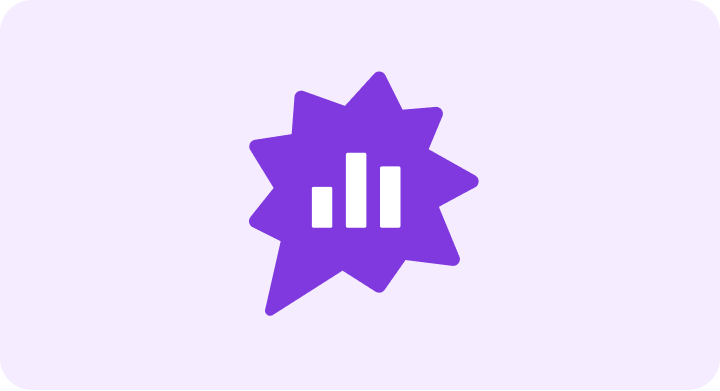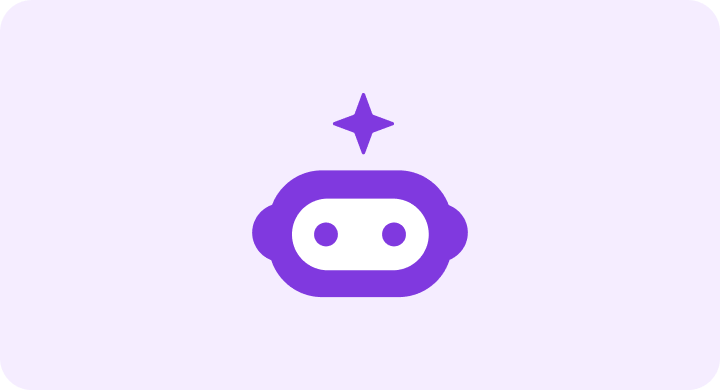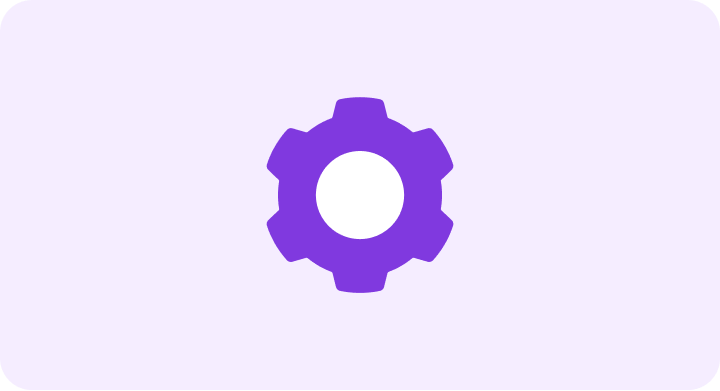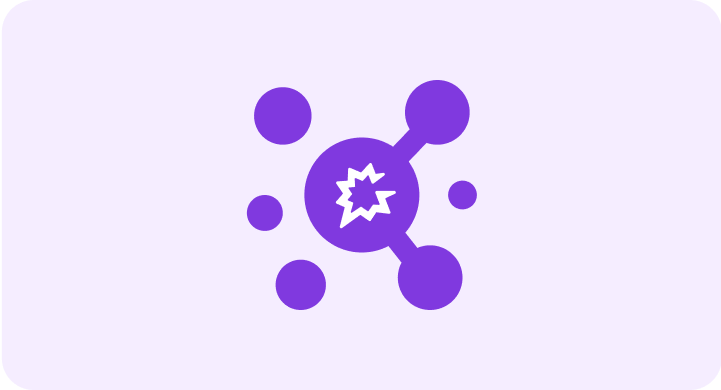 Le système d’exploitation d’IA n°1 pour les équipes revenue
Le système d’exploitation d’IA n°1 pour les équipes revenue

Conçu pour aider votre équipe à atteindre ses objectifs, conclure avec assurance et maintenir une dynamique de croissance durable — deal après deal, trimestre après trimestre.
+ de 5 000 clients nous font confiance
Les organisations GTM les plus performantes pilotent leur revenu avec Gong
Améliorez votre productivité, renforcez la prévisibilité de vos deals et stimulez votre croissance grâce à l’IA dédiée au revenu.
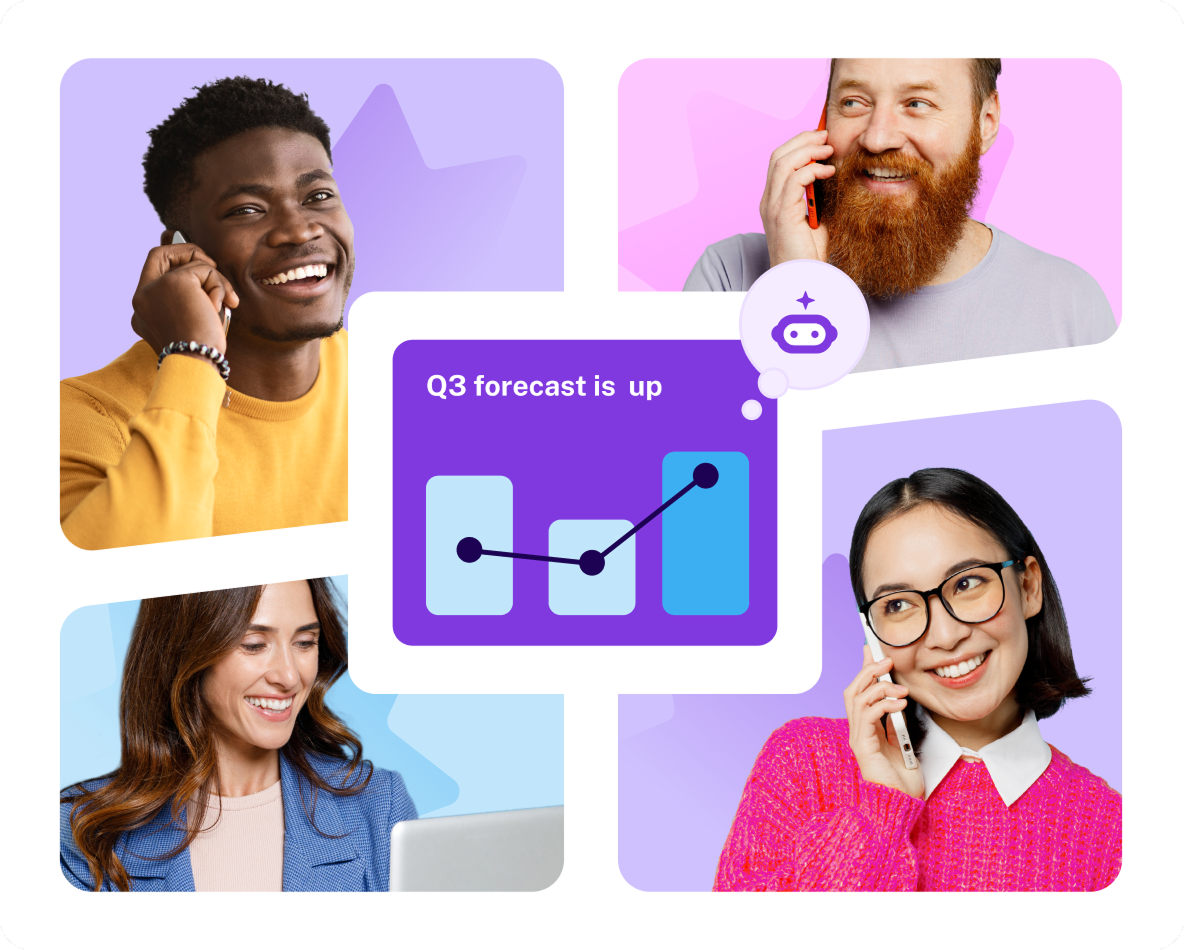
Pigment identifie 4 millions de dollars de pipeline à risque grâce à Gong Revenue AI
Accélérez votre croissance avec une IA qui optimise l’exécution, affine vos priorités et renforce la performance de vos équipes.
« Nous avons déjà identifié plus de 4 millions de dollars de pipeline à risque. Gong nous aide à anticiper ces risques plutôt qu’à simplement y réagir. »
Boostez votre moteur de vente avec l’IA — de la prospection à l’expansion
Des applications d’IA spécifiquement conçues pour les équipes de vente, avec des agents spécialement développés pour booster vos workflows.
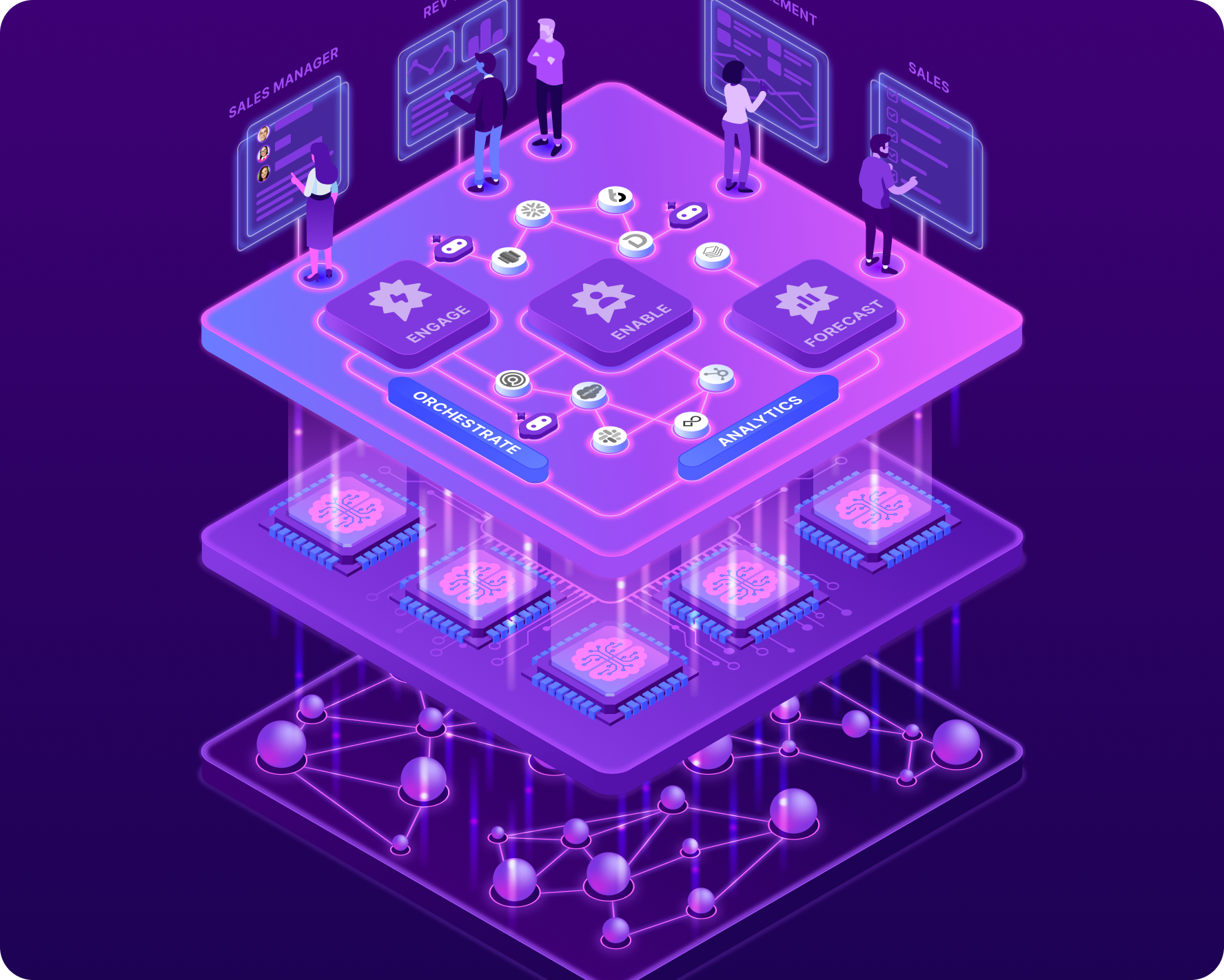
Le système d’exploitation de revenu IA de Gong
Là où humains, agents d’IA et outils collaborent pour optimiser vos résultats.
- Unifiez vos insights clients grâce au Gong Revenue Graph.
- Diffusez une intelligence réellement actionnable via une IA avancée.
- Automatisez et orchestrez actions et workflows sur l’ensemble de vos plateformes, pour que vos équipes et vos agents d’IA travaillent en parfaite synchronisation et génèrent une croissance prévisible.
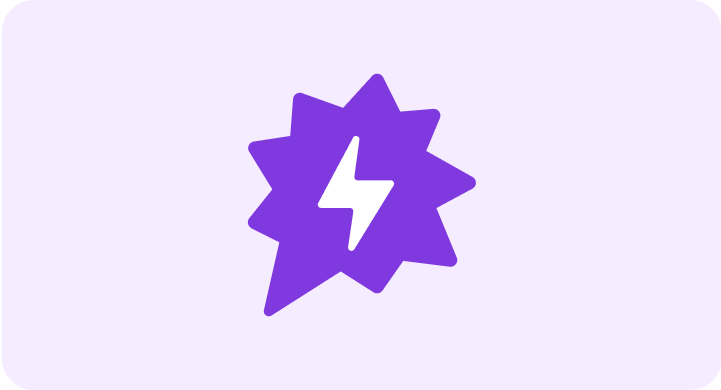
Priorisez et personnalisez chaque engagement commercial. Développez votre pipeline grâce à une IA qui vous aide à envoyer des communications toujours ciblées, pertinentes et efficaces.


Adopté par des équipes de vente hautement performantes dans tous les secteurs
Découvrez votre dream team de la transformation de vos revenus : des capacités sur mesure spécifiques à votre secteur et une conformité associées à une IA robuste et spécialisée.
Tout le monde gagne avec Gong
Des dirigeants aux équipes RevOps, jusqu’aux commerciaux de première ligne, rassemblez l’ensemble de votre équipe GTM dans Gong pour agir plus vite, travailler plus efficacement et soutenir une croissance durable.
Dirigez en toute confiance, faites vos forecasts avec précision et libérez le plein potentiel de votre équipe — grâce à une visibilité complète sur l’ensemble de votre activité.
Boostez vos performances de manière évolutive, améliorez la conversion de votre pipeline, accédez à des prévisions plus aiguisées et pilotez des transformations durables — en utilisant Gong comme système de vérité.
Que vous développiez un pipeline ou dirigiez une équipe, Gong vous offre la clarté, le coaching et la confiance nécessaires pour conclure — encore et encore.
Offrez une expérience client exceptionnelle, réduisez le taux de désistement et ciblez la croissance — grâce à une IA qui vous permet de toujours garder une longueur d’avance.
Développez la confiance des commerciaux. Réduisez le temps de montée en puissance. Mettez l’excellence à l’échelle. Et reliez vos initiatives d’enablement aux indicateurs qui comptent vraiment.
Gagnez plus avec l’IA dédiée au Revenue
Commencez avec des agents IA spécialisés, des applications d’IA personnalisées, et les les signaux les plus pertinents issus de vos interactions clients, conçues pour maximiser votre réussite.
Loading form...
